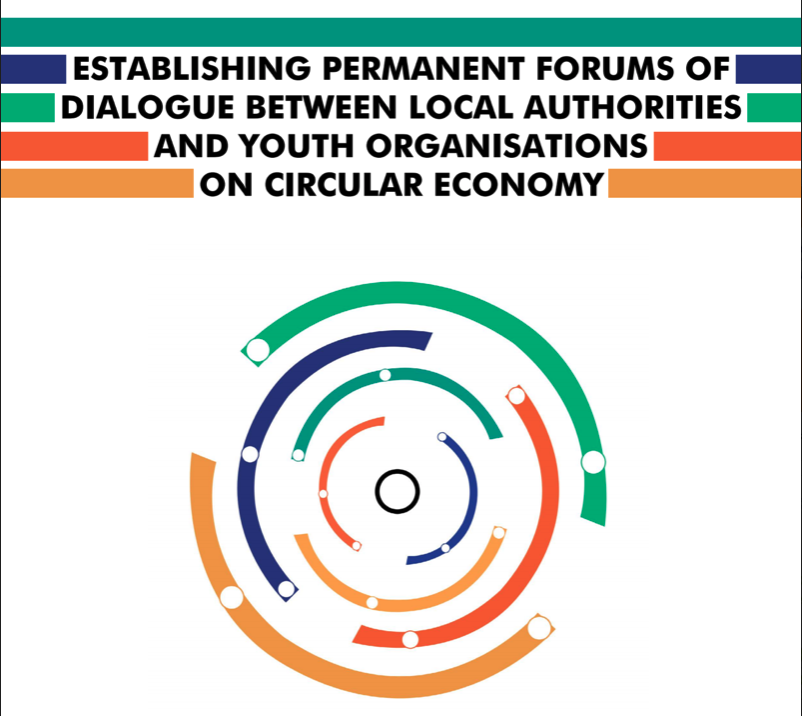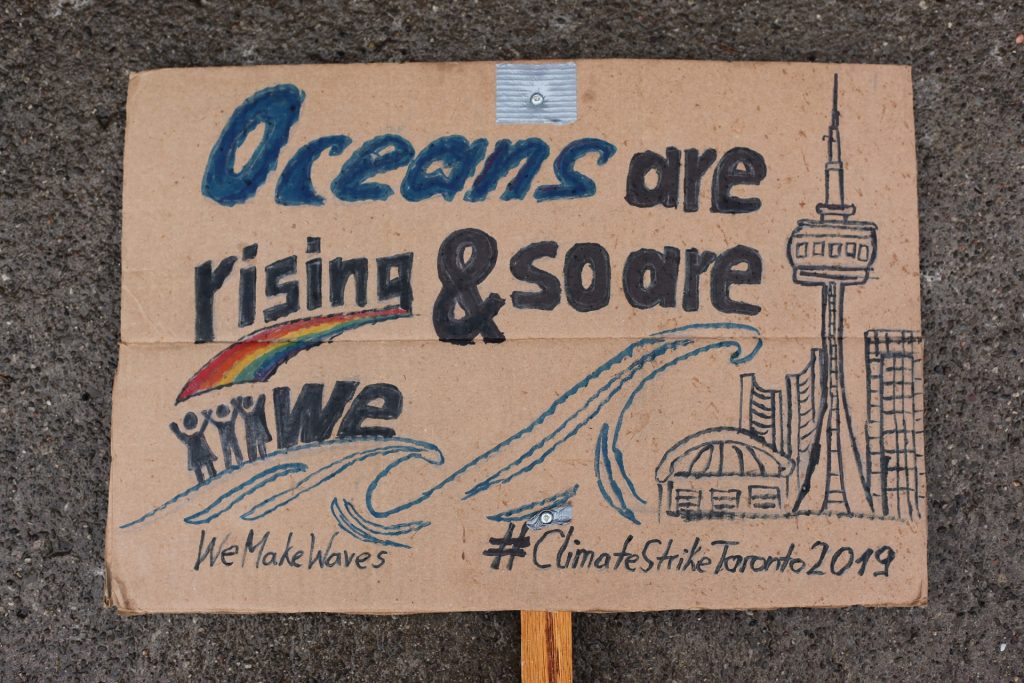
This report is the first result of the CEYOU project and it aims to shed some light on how to take the first steps to establish permanent forums of dialogue between local authorities and youth organisations on circular economy. We will explore some ways in which young people can be empowered to understand and act upon environmental matters that concern them.
This document was developed based on a literature review as well as CEYOU partners practical experience in testing the implementation of these kinds of forums. After a brief overview of circular economy and youth participation, the document starts by presenting the local contexts in CEYOU partner countries, continues with some case studies of engagement methods and ends with outlining some key steps to follow for the establishment of a dialogue space.
Youth demand action on climate change

The Fridays4Future movement, which saw a massive participation from young people in school strikes, has made it clear how the young generations demand actions on climate change from policy makers, to make them listen to the scientists, and then to take forceful action to limit global warming. This movement is also one of the factors that inspired the CEYOU project, which aims to empower young people to take positive action and support their learning process with new knowledge and competences in the circular economy. Circular economy plays a key role in reducing and preventing environmental degradation caused by unsustainable production and consumption practices.
Key Recommendations
Based on the CEYOU project partners’ experience and research in setting up and facilitating Youth Forums, we are able to list some key recommendations. (Further details in the full report):
- Local authorities, in collaboration with youth organisations and other stakeholders, should aim for engagement methods that foresee an active participation of young people.
- Traditional youth councils and forums should be revived to foster bottom-up approaches and target environmental topics more specifically.
- Engagement of young people is most effective and impactful if
implemented with a territorial approach, though planning processes at the local level. - Young people should be enabled to understand decision-making
processes and its timing. - Active engagement of young people should be effective and sustainable in the long run.
